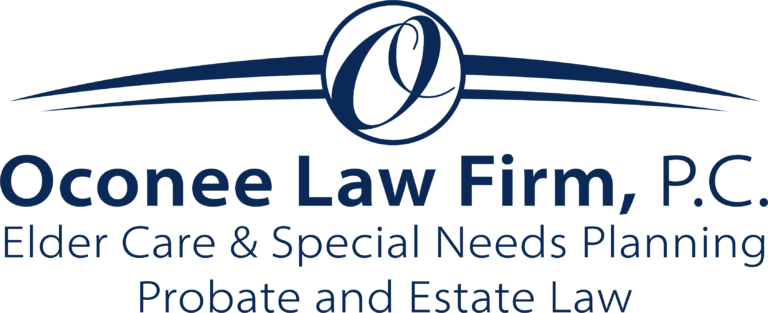WILLS AND TRUSTS
Serving Oconee County and the Surrounding Area
Your last will and testament is just one part of a comprehensive estate plan. If a person dies without a Will they are said to have died “intestate” and state laws will determine how and to whom the person’s assets will be distributed. A few things you should understand about wills:
- A will has no legal authority until after death. Therefore, does not help manage a person’s affairs when they are incapacitated, whether by illness or injury.
- A will does not help an estate avoid probate. A will is the legal document submitted to the probate court, essentially an “admission ticket” to probate.
- A will is a good place to nominate the guardians of your minor children if they are orphaned. All parents of minor children should document their choice of guardians. If you leave this to chance, you could be setting up a family battle royal, and your children could end up with the wrong guardians.
TRUSTS
Trusts can be simple or complex, and serve a multitude of legal, personal, investment or tax planning purposes. At a basic level, a trust is a legal entity with at least three parties involved: the trust-maker, the trustee, and the trust beneficiary. Oftentimes, all three parties are represented by one person or a married couple. In the case of a revocable living trust, for example, a person may create a trust and name themselves the current trustees who manage the trust assets for their own benefit.
Depending on the situation, there may be many advantages to establishing a trust, including avoiding probate court. In most cases, assets owned in a revocable living trust will pass to the trust beneficiaries immediately upon the death of the trust-maker with no probate required. Certain trusts also may result in tax advantages both for the trust-maker and the beneficiary. Or they may be used to protect property from creditors, or simply to provide for someone else to manage and invest property for the trust-maker and the named beneficiaries. If well drafted, another advantage of trusts is their continuing effectiveness even if the trust-maker dies or becomes incapacitated. Reach out to our estate planning lawyers to find out if you and your family could benefit from establishing a trust.

